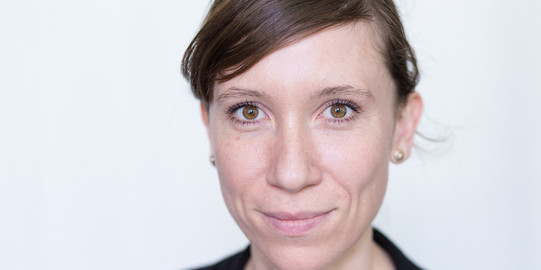From Prediction to Agile Interventions in the Social Sciences (FAIR)
As part of the interdisciplinary profile area "FAIR", we are using and developing innovative analytical approaches from statistics and data science to optimize forecasting and intervention models in the fields of empirical educational research, rehabilitation studies, and the social sciences. The developed forecasting models (e.g. for such outcomes as educational success and career choice) provide the foundation for group-specific and adaptive interventions.
Funding
Project description
The Center for Research on Education and School Development (Institut für Schulentwicklungsforschung, IFS) at the Faculty for Educational Science, Psychology, and Educational Research is responsible for research projects in FAIR that will focus on the topic of education and on predictors of academic success. Our research in FAIR will focus in particular on the development and application of prediction and intervention models that can help us to better understand what factors predict academic success in different educational contexts (e.g., in schools and higher education).

We will use data from large-scale assessments such as PIRLS/IGLU and NEPS, as well as new data (to be collected over the next three years) from intervention studies using between- and within-person randomized controlled trials. Jointly with the other research teams in FAIR, we will develop a framework for “Agile Intervention Research” that allows for individualized and need-based adaptations of interventions and learning support systems in authentic educational contexts. An important goal is also the analysis of heterogeneous intervention effects. Our planned interventions will focus on such topics as learning strategies designed to foster reading comprehension and deep-level understanding, the development of reading and math competence, and educational and career choices.
Lead researchers
Project management at IFS
Project team at IFS
External project partners
- Prof. Dr. Martina Brandt (TU Dortmund)
- Prof. Dr. Philipp Doebler (TU Dortmund)
- Prof. Dr. Katja Ickstadt (TU Dortmund)
- Prof. Dr. Jörg-Tobias Kuhn (TU Dortmund)
- Dr. Alexander Munteanu (TU Dortmund)
- Prof. Dr. Markus Pauly (TU Dortmund)
- Prof. Dr. Sarah Weigelt (TU Dortmund)






![[Translate to English:] [Translate to English:]](/storages/ifs-ep/_processed_/8/5/csm_AdobeStock_412860748_9a2dbb816c.jpeg)


